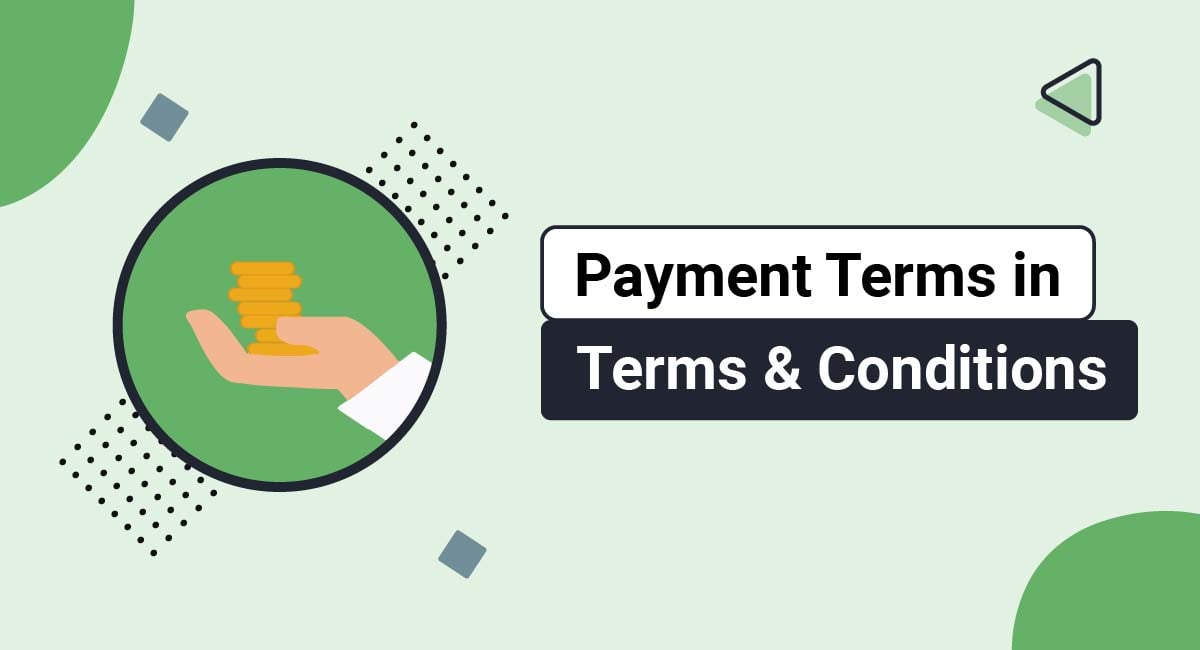Dealing with difficult debtors can feel like navigating a minefield—a delicate balance of firmness and empathy, patience and persistence. In an ideal world, every transaction would conclude seamlessly, with payments flowing in smoothly.
However, the reality is often far more complicated. Debtors can range from forgetful clients to those faced with genuine financial hardship, each presenting unique challenges that require tailored strategies.
So, how can you effectively tackle these situations without damaging relationships or compromising your financial stability? In this article, we will explore three proven strategies for handling difficult debtors, offering actionable insights that can turn a potentially fraught situation into a constructive dialogue and a path toward resolution. Whether you’re a seasoned business owner or new to managing customer accounts, understanding these approaches can make all the difference in reclaiming what’s owed while maintaining goodwill.
Establish Clear Communication Channels

Establishing clear communication channels is paramount when dealing with difficult debtors. Open lines of communication foster understanding and build trust—two crucial elements in resolving financial disputes.
Begin by determining the most effective means of communication, whether that’s through phone calls, emails, or even face-to-face meetings. Clarity is essential; ensure that all parties are aware of the expectations, deadlines, and consequences.
Creating a structured approach not only helps in conveying your message but also in documenting interactions, which can be invaluable later. However, don’t forget to inject some flexibility into your communications—sometimes a casual conversation can break the ice and lead to productive outcomes.
Remember, effective communication isn’t just about what you say; it’s also about listening. By tuning into your debtors concerns, you can identify potential solutions that might not have been apparent initially.
As you navigate these challenging conversations, aim for transparency and empathy to encourage cooperation and reach an amicable resolution.
Develop a Flexible Payment Plan

Developing a flexible payment plan is crucial when tackling the challenge of difficult debtors. Instead of rigid structures that can tighten the noose around financial relations, consider creating tailored arrangements that adapt to the debtors specific situation.
For instance, a debtor facing sudden medical expenses may benefit from a longer repayment period with smaller, more manageable installments. In contrast, someone experiencing a temporary cash flow hiccup might prefer a brief pause in payments, followed by an accelerated repayment schedule.
By offering options that resonate with their unique circumstances, you not only foster goodwill but also increase the likelihood of recovery. Remember, showing empathy and understanding, coupled with a customized approach, can transform strained interactions into collaborative solutions, ultimately paving the way for better financial outcomes.
Escalate When Necessary

When dealing with particularly obstinate debtors, there comes a point where escalation is not just an option; it’s a necessity. Initially, all attempts should focus on open dialogue and understanding, but if the situation does not improve, it may be time to reconsider your approach.
Escalating the issue can involve a variety of strategies, from involving a supervisor for higher authority intervention to engaging a collections agency that specializes in recovering debts. Each step in this process should be executed thoughtfully, as it may impact your relationship with the debtor and your reputation in the industry.
Remember, the goal is not merely to recover outstanding payments but to encourage accountability, so that the debtor understands the seriousness of their obligations without alienating them entirely. Strike a balance; sometimes, bringing in a third party can serve as a wake-up call, urging the debtor to take the matter seriously while providing you with the leverage needed to facilitate a resolution.
Conclusion
In conclusion, effectively handling difficult debtors requires a strategic approach that balances firmness with empathy. By implementing the three strategies outlined—building strong communication, establishing clear payment terms, and utilizing tailored negotiation techniques—creditors can navigate the complexities of debt collections more successfully. These methods not only aid in recovering outstanding debts but also foster a more positive relationship between creditors and debtors, ultimately promoting better financial practices.
By approaching each situation thoughtfully, creditors can transform challenges into opportunities for resolution and growth.


